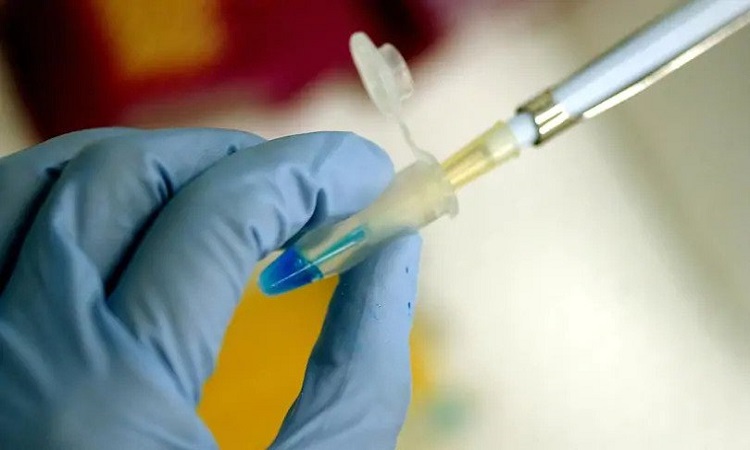Scientists revealed that they work on the application of a vaccine against HIV in humans, this after the publication of a study in the journal Science Translational Medicine, which describes how this dose, which has been used through the common cytomegalovirus of the virus Herpes, or CMV, was attenuated live or weakened, so it could not spread as quickly, international media reported.
In this way, a promising vaccine that eliminates a virus similar to the human immunodeficiency virus (HIV) from monkeys is closer to testing in humans.
This is how this new version managed to eliminate SIV, the version of HIV in monkeys, in 59% of vaccinated rhesus macaques. This result is similar to previous findings related to the original, non-attenuated version of the vaccine. The immunity generated by the attenuated vaccine was also durable, as nine of the 12 vaccinated monkeys could still fight SIV infection three years later.
Having an attenuated version of the vaccine is key to being able to use it in humans. No vaccine uses a live virus, not attenuated due to safety problems. Although humans are often infected with CMV without any problem, the virus can wreak havoc on people with weakened immune systems.
In that sense, Louis Picker professor of the Institute of Genetics and Vaccines Therapy of OHU of the School of Medicine of the Oregon Health & Science University (USA), highlighted that “This new work shows that most rhesus macaques vaccinated who are protected against SIV can also protect themselves against a second challenge years after the initial vaccination. This is a level of durability that would be very important for a human HIV vaccine.”




